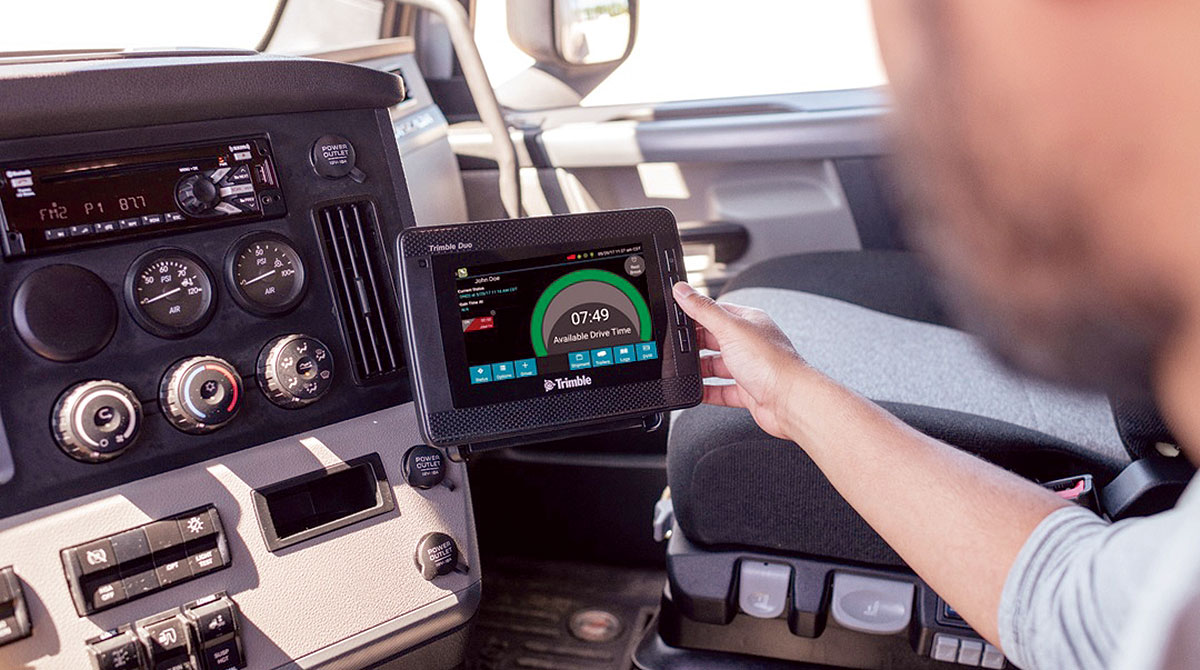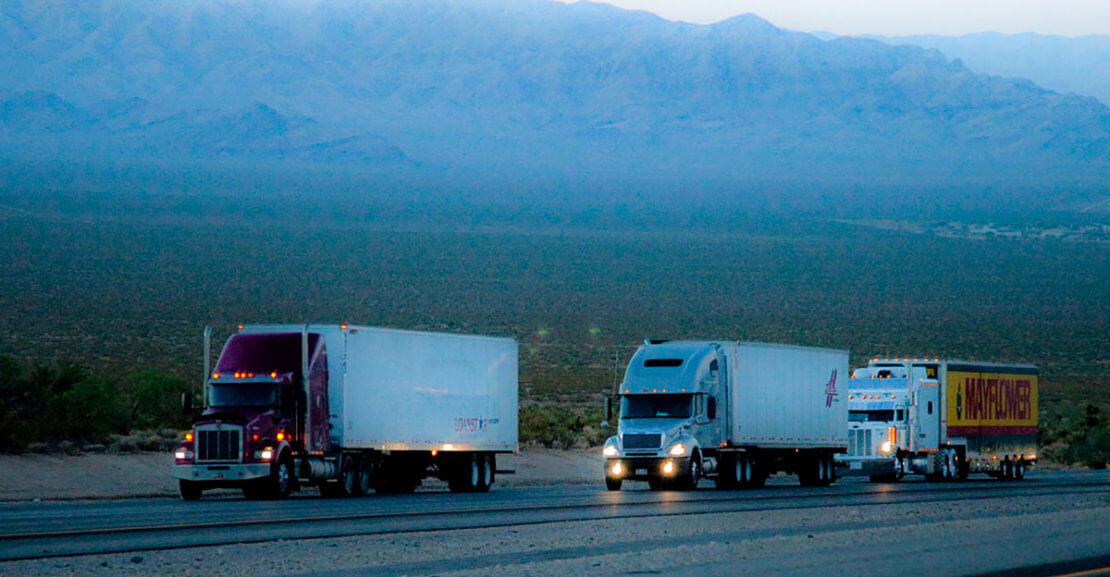
Electronic Logging Devices (ELD) are now the standard for Carriers due to a mandate and it’s no secret it’s NOT the best way to bring visibility into the status or location of freight. (UPDATED COVID-19 ON BOTTOM)
The Federal Motor Carrier Safety Administration (FMCSA) had been kicking around the idea for several years and finally put into law the new Hours-of-Service (HOS) in December 2017. The ELD is now used to electronically record the driver’s Record of Duty Status (RODS) across the country. Effectively, this replaces the need for paper logbooks with a few exemptions listed at the bottom with the updated list from the FMCSA addressing COVD-19. Carriers, Drivers, Owner-Operators all have been told to add ELD to their growing list of compulsory activities once the latest exemptions are lifted, tentatively in mid-April.
So, you might ask, what does this have to do with tracking freight?

Umm…well, exactly.
Here are 6 reasons ELD is NOT a viable solution for tracking freight:
- The ELD sits in the tractor NOT with the freight.
- Trailers are frequently detached from the Tractor.
- If freight is transloaded, the ELD does NOT provide insight for this.
- It’s NOT a viable solution for modes like LTL, Intermodal, International.
- ELD is carrier-oriented, informing about tractor and driver information.
- ELD does not provide temperature or other pertinent cargo-specific data.
Now, to be fair, ELD was never intended for tracking commodities. However, I’m not just stringing up a Strawman to make a point either. ELD is a major solution for many Shippers and it can be used to communicate Truckload freight (not LTL, though). I’m arguing that if someone wants proper visibility into the temperature, location and condition of their commodities, Delivery Chain offers a better solution.
Shippers, brokers and freight forwarders managing shipments from origin to destination, lose business for their customers for providing inaccurate information and not elevating negative news quickly enough, to the appropriate parties. It’s one of those Bad news takes the elevator, good news takes the stairs type of things in the Logistics world.
It’s 2020. We think we can do better than band aids for large wounds.
Exemptions
*(UPDATE) This Emergency Declaration provides regulatory relief for commercial motor vehicle operations providing direct assistance in support of emergency relief efforts related to the COVID-19 outbreaks, including transportation to meet immediate needs for: (1) medical supplies and equipment related to the testing, diagnosis and treatment of COVID-19; (2) supplies and equipment necessary for community safety, sanitation, and prevention of community transmission of COVID-19 such as masks, gloves, hand sanitizer, soap and disinfectants; (3) food, paper products and other groceries for emergency restocking of distribution centers or stores; (4) immediate precursor raw materials-such as paper, plastic or alcohol-that are required and to be used for the manufacture of items in categories (1), (2) or (3); (5) fuel; (6) equipment, supplies and persons necessary to establish and manage temporary housing, quarantine, and isolation facilities related to COVID-19; (7) persons designated by Federal, State or local authorities for medical, isolation, or quarantine purposes; and (8) persons necessary to provide other medical or emergency services, the supply of which may be affected by the COVID-19 response. Direct assistance does not include routine commercial deliveries, including mixed loads with a nominal quantity of qualifying emergency relief added to obtain the benefits of this emergency declaration.
There has not been any indication that the administration is looking to remove any of the following exemptions already in place.
- Drivers who use paper logs no more than 8 days during any 30-day period.
- Driveaway-towaway drivers or the vehicle being transported is a motor home or a recreation vehicle trailer (at least one set of wheels of the vehicle being transported must be on the surface while being transported)
- Drivers of vehicles manufactured before model year 2000
If you want to learn more about how people that have been in the transportation industry are helping clients gain real visibility and integrating this into their existing systems, reach out to Visibility@DeliveryChain.io or call us at 844-552-4246
